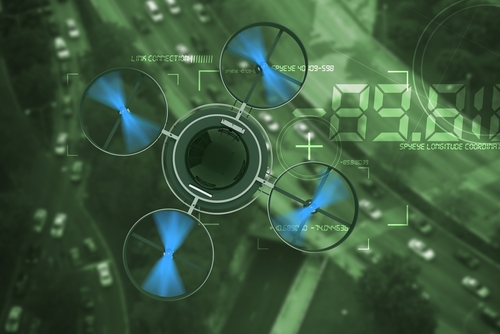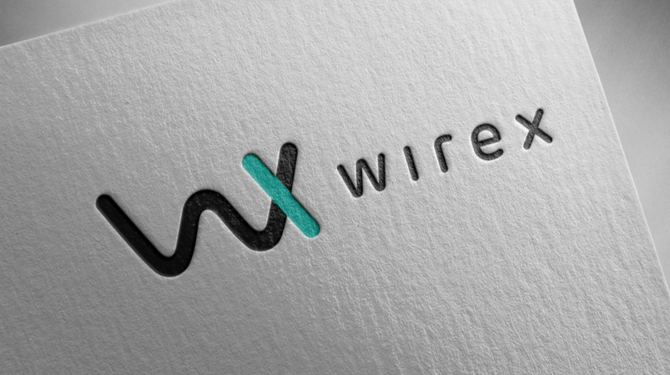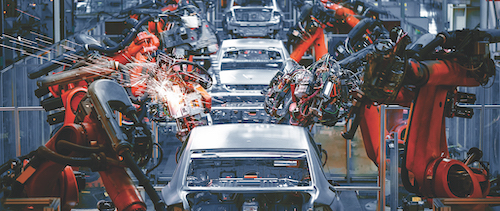As senior vice president and general counsel of Schneider Electric (a global specialist in energy management and automation with operations in more than 100 countries), Peter Wexler is responsible for the company's legal, insurance, and risk management organisation worldwide. This includes IP, M&A, antitrust matters, litigation and governance, as well as working with and advising the board of directors, executive and senior management globally. Foxborough, Massachusetts-based Wexler and his team have been instrumental in more than 175 corporate acquisitions and divestitures totaling more than US$25bn.
How and why did you get into law and particularly an energy-focused company?
Law is an excellent vehicle for pursuing international topics such as interfacing with governments on trade and economic issues. After working in private practice, I joined Stone and Webster Engineering, which gave me insight into the engineering and construction side of things as they were heavily focused on designing and building power plants and petrochemical plants around the world. That experience led me to American Power Conversion and subsequently (after its acquisition in 2006) to Schneider Electric. You could say I have been with “energy” focused companies for more than 25 years now.
Your company has grown through an extraordinary amount of M&A activity. What is behind this type of growth strategy and what sort of appetite does the marketplace have for M&A?
In my view, the companies that actively pursue M&A do so for a few important reasons, including gaining increased capabilities, entering new markets and often diversification and survival. These are not mutually exclusive and sometimes strategy is based on a combination of these factors. Schneider Electric is very much on the strategic side of M&A where we look to strengthen our capabilities in our core businesses of energy management and industrial automation. However, we complement this M&A activity with significant internal R&D and product development.
I am not sure the whole market has an appetite for M&A growth. At Schneider, we try to strike the right balance between internal development and external acquisition of technology and capabilities.
Digital automation seems to be the watchword in industry today. What can we expect to see in the future?
Digital automation depends on connectivity. At Schneider we have long believed that connectively is key and have worked to enable our products to be digital. Digital automation will continue to grow at a fantastic rate and provide enhanced efficiency. We have focused on developing and acquiring technology that is all for automation in energy management, in terms of grid automation, building automation, in terms of design and operations and in industrial automation with process simulation, data digitisation and automation software.
Industrial cybersecurity matters seem to make headlines almost every day, is this the fastest-growing sector of your company?
More than a fast-growing sector, it is paramount for Schneider to focus on cybersecurity at all levels including product security, supply chain security and corporate security. Schneider’s software and hardware products are deployed worldwide in numerous applications, many of which involve critical infrastructure such as power grids, oil and gas facilities and water treatment plants. Cybersecurity is always at the forefront of our thinking when designing, manufacturing, installing and servicing our products. It’s critical to us that we take steps many companies do not, such as partnering with the United States Department of Energy to test our products for vulnerabilities at the US national labs as part of the US DOE CyTRICs program.
What do you see as the most pressing legal challenges at Schneider?
There are myriad pressing legal challenges at Schneider. One of the most pressing is the current US/China decoupling and the new regulations impacting supply chain and trade control. Navigating the current landscape is an immense challenge for global companies like this Schneider.
Is it true that you are a bit of an engineering geek yourself and even hold a patent? What can you tell us about that?
I have always been interested in what we make and the resulting applications as well as how we sell, service and the benefits to our customers and, in some cases, the planet. For me, that is the fun part about my job. I think it also makes me better able to assist our teams in not only protecting the company but enhancing our ability to meet customers’ demands. I do hold one patent for data center cooling. It was an alternative design to other designs I was reviewing as part of our IP protection program in 2006. I was in a datacenter and the idea came to me, so we patented it, along with a few other designs. It was fun to go through that process as an inventor.
Schneider Electric is a Fortune Global 500 company specialising in energy management and automation. Publicly traded on the Euronext Exchange, it has operations in more than 100 countries.

.jpg)
.jpg)
.jpg)
.jpg)

.jpg)
.jpg)



